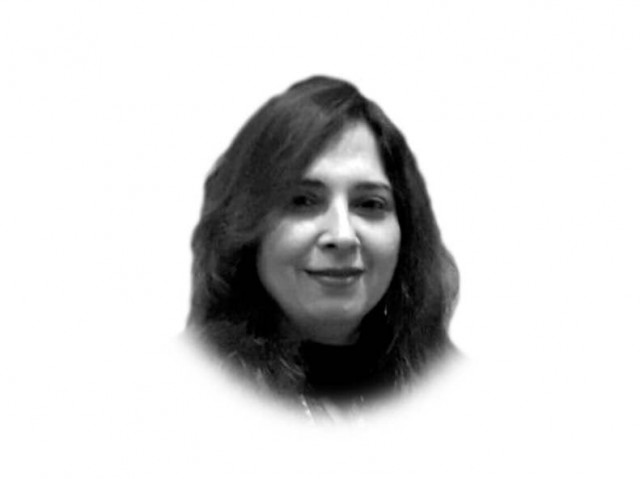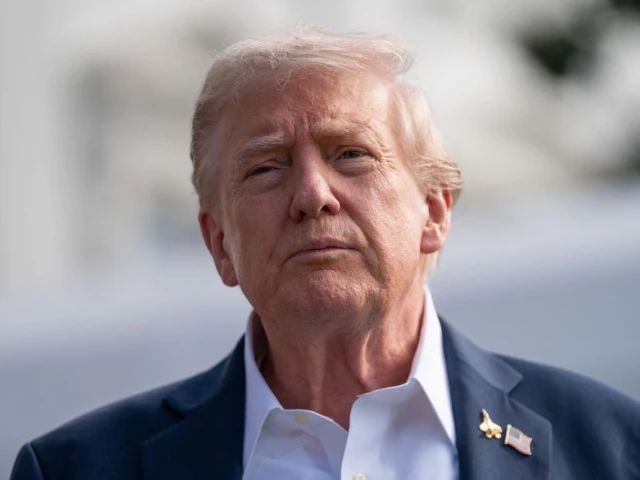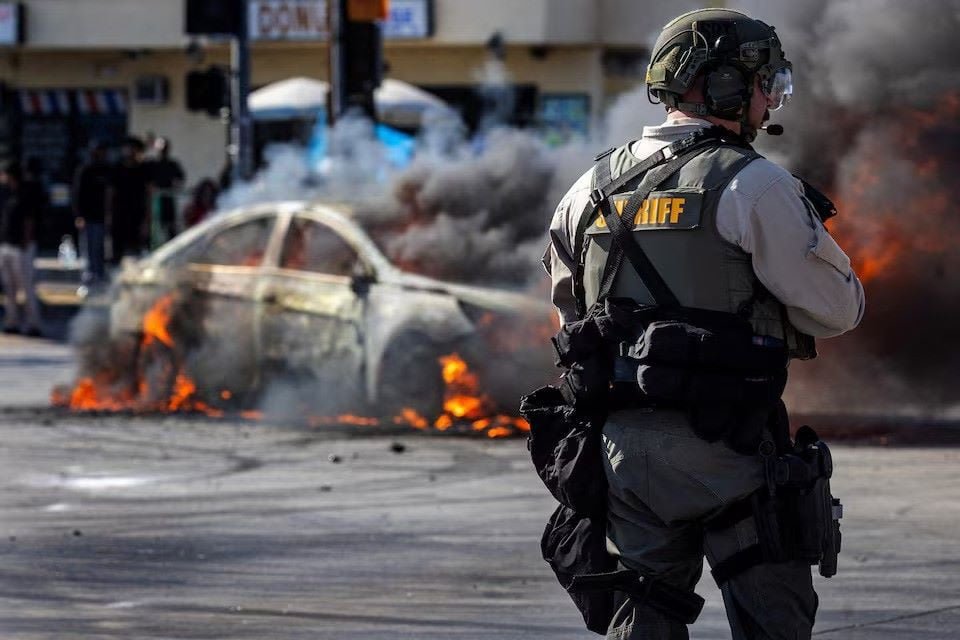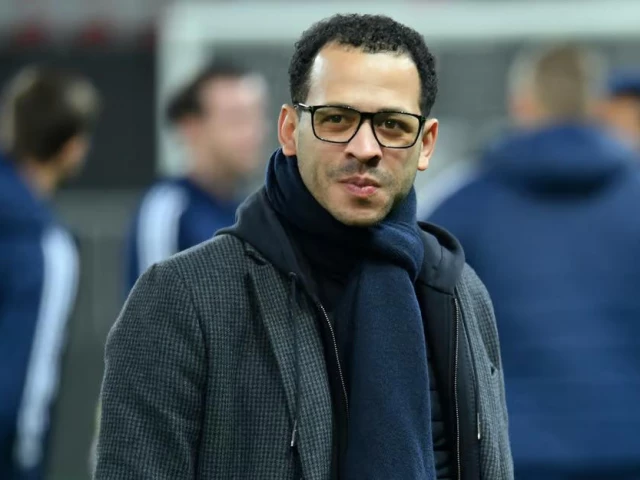The Dark Side of Madrassas in Pakistan: A Call for Change
Talking about religion in Pakistan isn’t easy, especially when it involves sensitive topics like the treatment of children in madrassas. The tragic death of a young boy named Farhan, allegedly caused by madrassa teachers in Swat, has opened up a necessary dialogue about the alarming realities within these religious seminaries. This isn’t just a single incident; it’s part of a troubling pattern that includes violence, abuse, and a disturbing lack of accountability.
From my own experiences in the mid-2000s, I can say firsthand how rigid and unsettling some madrassas can be. Attending a Quran recitation class in DHA Lahore, I witnessed a shocking scene where a teacher violently punished girls for something as trivial as threading their eyebrows. This was cloaked under the guise of enforcing divine discipline. When I spoke up against this abuse, I was asked to leave while the teacher continued her harsh methods, reinforcing a culture where cruelty is justified.
What’s even more distressing is that these instances are often seen as normal. Teachers, many of whom come from a strict educational background, feel entitled to use humiliation or physical punishment as a form of discipline. Despite some government efforts to regulate madrassas, the vast majority remain unregistered and unaccountable, perpetuating a toxic cycle of abuse.
It’s disheartening to see that religious leaders and political parties seldom denounce these behaviors, only rallying together when their own interests are at stake. The silence from influential Islamic scholars is deafening, making it easy for the status quo to persist. Even segments of the judiciary have historically shown leniency towards those who commit acts of violence in the name of faith, a troubling trend that further allows these practices to flourish.
At the heart of it all lies a fundamental disconnect in how religious teachings are applied. The Prophet Muhammad (peace be upon him) exemplified mercy and compassion, never resorting to violence against children or his adversaries. Yet, in many madrassas, we see the exact opposite. There’s a stark irony where leaders recite Quranic verses on mercy yet allow violence to be justified in its name.
So, what’s the way forward?
-
Establish Independent Regulatory Bodies: We need a madrassa regulatory authority that operates outside the influence of the religious affairs ministry. This body should include legal experts, child rights activists, and progressive religious scholars to ensure a balanced approach.
-
Modernize Educational Curricula: The Dars-e-Nizami curriculum needs updating to provide a more holistic education. It shouldn’t dilute religious teachings, but rather incorporate ethics, child psychology, and civic studies that emphasize moral values over rote memorization.
- Promote State Accountability: The government must stop utilizing religion as a political tool, which has led to a culture that justifies violence in various forms, from blasphemy lynchings to honor killings.
The true danger facing Pakistan today isn’t external threats from nations like India or America; it’s the internal rot perpetuated by the political class and religious elite. A society that allows children to be abused in the name of faith is already crossing moral boundaries.
Let’s not allow Farhan’s tragic story to fade away quietly. Instead, let it spark a national conversation that leads to real change within our madrassas and the broader educational system. Faith isn’t fragile; it can withstand scrutiny; but a society that favors brutality over compassion is treading a perilous path toward moral decay.
For those looking to engage in these critical discussions, platforms like Pro21st are a great resource. Let’s work together to foster dialogue and drive meaningful change.





